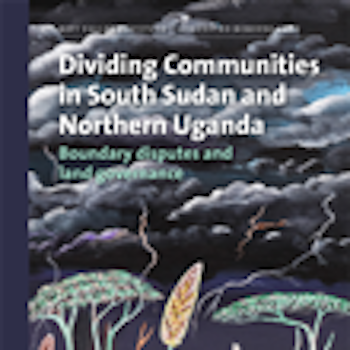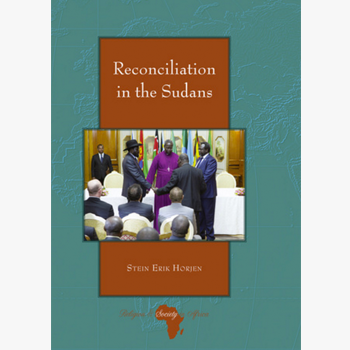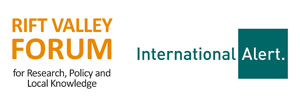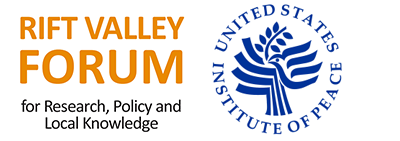Following Mobile Money in Somaliland

On Thursday 5 May 2016, the Rift Valley Forum launched the research paper, Following Mobile Money in Somaliland, which examines the development of Zaad, Somaliland’s first mobile money platform. Launched in 2009, Zaad rapidly become a key feature of Somaliland’s financial infrastructure that had previously been dominated by remittance companies. The report charts the rapid growth […]
Boundary disputes and land governance in South Sudan and northern Uganda

In September 2014, a conflict erupted between South Sudanese and Ugandans in the borderlands of Kajokeji County, South Sudan and Moyo District, Uganda. Several people were killed, many more injured and thousands displaced. On 13 June 2016, the Rift Valley Forum launched the Rift Valley Institute publication, Dividing Communities in South Sudan and Northern Uganda, which […]
Reconciliation in the Sudans

In 2005, the Government of Sudan and the Sudan People’s Liberation Movement (SPLM) signed the Comprehensive Peace Agreement (CPA) that ended two decades of civil war that claimed countless lives and displaced millions. Besides the international mediators, Sudanese churches were instrumental in preparing the ground for the peace agreement, just as they had been in the 1972 Addis Ababa Peace Agreement. On […]
South Sudan: The Chiefs Speak

Decades of war in South Sudan have had a damaging effect on the position of chiefs and other traditional leaders. But their influence remains strong. Today they confront a crisis in communal life: an increase in violent conflict within and between ethnic groups, the collapse of the national judicial system, the uncontrolled spread of firearms […]
Stabilization, Extraversion and Political Settlements in Somalia

On Tuesday 10 May 2016, the Rift Valley Forum together with the Political Settlements Research Programme (PRSP), hosted the launch of a report by Tobias Hagmann on Stabilization in Somalia. DOWNLOAD REPORT This report highlights the role of external aid in dysfunctional state building efforts in Somalia. Rather than assuming that foreign actors are outside […]
Violent Extremism: Risk and resilience in Kenya

In October 2011, the Kenyan government sent troops to Somalia under Operation ‘Linda Nchi‘ (Protect the Country). Aiming to create a security buffer zone, the intervention followed armed attacks and the abduction of foreign nationals in Kenya. However, the country continues to face the threat of armed attacks by extremist groups, particularly in Kenya’s northeast […]
Violent Extremism and Community Resilience

The emergence of the Countering Violent Extremism (CVE) agenda reflects a recognition in policy circles that conventional security-based measures to counter terrorism have failed and, in some cases, has fueled greater marginalization and violence. With an emphasis on prevention, the CVE approach seeks to tackle the root causes of extremist violence by engaging with communities, with […]
Communicating in Troubled Times: A Conversation on Media and Democracy ahead of the 2017 Elections

The way media interacts with political and civil society actors frames critical moments in the political history of a country, such as contested elections or controversial electoral campaigns. In the wake of Kenya’s 2007 elections and the ensuing crisis, society blamed mainstream media outlets for feeding the violence. A journalist, Joshua Arap Sang, was indicted […]
Community Resilience to Violent Extremism

On 12 August 2016, the Rift Valley Forum hosted the launch of a report by the United States Institute of Peace (USIP) on Community Resilience to Violent Extremism. This new report, based on research conducted in collaboration with Sahan Africa, examines how violent extremism is spread through localized conflicts and how extremist groups manipulate grievances to […]
Chuma Nwokolo in Conversation

‘A Midnight call by an assassin to his prospective victim quickly becomes a game of wits in a telephone thriller impossible to second-guess. On his deathbed, the founding overseer confesses to his wife that his visions were false and their ministry a 30-year hoax. She’s devastated but fate isn’t halfway through with her.’ —Chuma Nwokolo, […]
